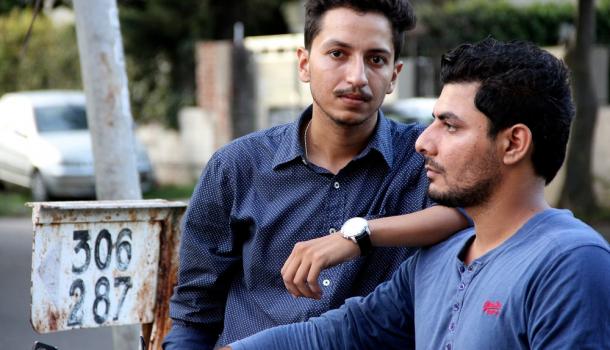In the Bollywood potboiler Tevar, Arjun Kapoor’s character proudly sings that he is a “super man” and then goes on to define precisely what this means. Some of the things he lists include not being afraid of anyone’s “baap”, doing the “ma behen” of anyone who tries to take “panga” with him and causing “danga” if anyone tries to mess with him. Of course, he really does not feel the need to learn from any formal education process, but rather, prefers attending his very own “mauj ka college”. This particular construct of machismo would be very funny, were it not the prevalent stereotype in our popular culture, and indeed, in pretty much every aspect of our public life in India, social as well as political.
Over the past few years, after the slew of rape cases, quite a few conversations have been directed towards finding solutions to the epidemic of violence. Some of these conversations have been about unpacking masculinity instead of feminism – and understanding just what is it about Indian men, or rather men in general, that enables them to code their masculinity as a particular kind of power to be wielded in particular ways, often involving violence and sexual assault. And following this, there have been explorations of how we might break away from this pattern.
Mardistan — a small gem of a film — provided me with some exemplars, when I viewed it recently. I have known its director Harjant Gill for 10 years now. I screened his student film Everything, at a film festival I curated in Boston in 2004. I recently saw Harjant after 10 years in Washington DC, where he is now a professor at Towson University, and felt a surge of pride at his academic as well as creative achievements. The dreadlocks had gone but the intensity was still the same. The impetus for Mardistan was the question that Harjant kept on getting from his American students: “Why are so many Indian men raping women?” To try and find an answer, he decided to come to Punjab – one of the bastions of machismo in our country – and film ordinary men, describing their ideas of masculinity.
In the film’s short span of 28 minutes, Harjant showcases the voices of four men from different generations and backgrounds — a middle-aged writer trying to process the physical and sexual abuse he encountered in a military school, a Sikh father of twin daughters trying to raise them in a stifling patriarchal society, a college student looking for a girlfriend he can lose his virginity to, and a gay activist coming out to his wife after several years of marriage. He intersperses these conversations with commentary by the noted feminist professor from JNU, Nivedita Menon.
I was drawn to two particular voices on my second viewing of the film, which I hosted in Mumbai last month. Writer Amandeep Sandhu’s words rang very true to me: “While growing up, I realised there were certain kinds of men I would not like to become. I would not like to become an uncle of mine who would beat my mother up. I would not like to become seniors of mine who would define themselves by sodomising their juniors, I would not like to pull a gun on somebody because I have had a gun pulled on me.”
Amandeep spoke about how he grew up hearing his father being called “namard” just because he didn’t beat Sandhu’s schizophrenic mother to ‘tame’ her. Instead of repeating the cycle of violence in his family, Amandeep decided to break out of it. It is a step that we need to applaud and is also a pointer to the choices that we all have ahead of us. Do we merely lament about how horrible things are, or do we also actively take steps to change the status quo?
In a similar vein, engineer Gurpreet Singh, my favourite character in the film, talked about how he grew up with privilege. His parents always favoured him over his sisters. He spoke about how common abortion continues to be in India, once it is known at the fetus stage that it is a girl child. For his part, Gurpreet, as a husband and father himself, has charted a completely different course. In the film, he hugged his twin daughters and said emphatically that he did not want a male child. He spoke about raising his daughters fearlessly, and with freedom, and about how he would respect their choices, whether in terms of career or who they chose to love.
Please do see this film online, for a glimpse of the alternative choices that ordinary India is making in terms of how to construct and perform gender in a non-violent manner. As Nivedita says in the film, all it takes to change the situation is for men to change their mindsets very slightly. It must be a relief for men too, to not bear the burden of performing their machismo all the time, no? This is very pertinent and while we criticise conventional constructs of masculinity, even while living in an all-pervasive patriarchal society, it is also vital to highlight and celebrate the alternatives that exist all around us, as exemplars.
*This blog post is a modified version of my column Parmesh’s Viewfinder that appears in Verve magazine each month.

